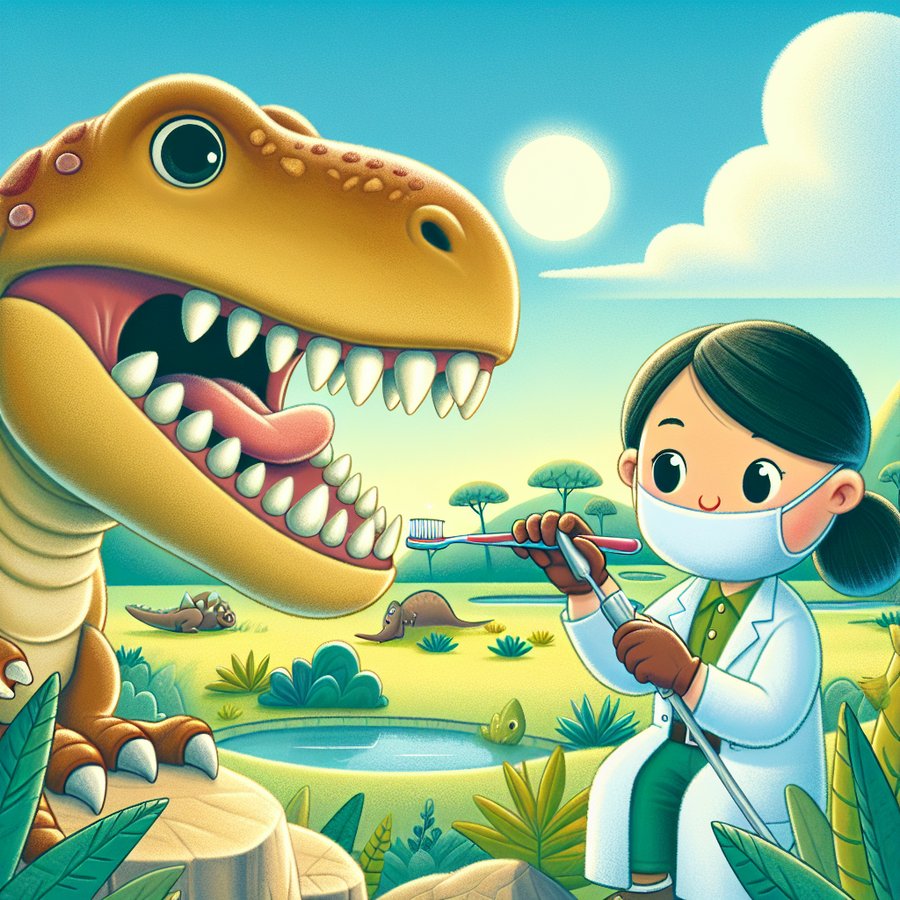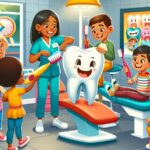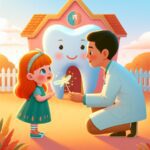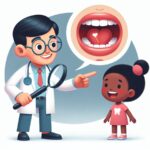When it comes to our little ones, every new milestone is a celebration – their first smile, first word, and yes, even their first tooth! But with these milestones comes new responsibilities, particularly in the realm of oral health. Today, we’re diving deep into infant oral health care tips, a topic as crucial as it is often overlooked. I’ll share not only essential tips but also personal anecdotes that have shaped my approach to ensuring my baby’s smile stays as bright and healthy as possible.
Why Is Infant Oral Health Important?
Before we sink our teeth into the how-tos, let’s first understand why infant oral health matters. From the very beginning, even before those first tiny teeth erupt, your baby’s oral health sets the stage for healthy teeth and gums in the future. Poor oral hygiene can lead to tooth decay, even in infants, sometimes referred to as ‘baby bottle tooth decay’. Beyond that, early dental health can impact speech development, dietary habits, and self-esteem.
My awakening to the importance of oral health care in infants came with my first child. I was under the impression that oral care was only necessary once the first tooth appeared. However, a visit to the pediatrician corrected my misconception and emphasized starting earlier to prevent future dental issues.
What Are the Best Infant Oral Health Care Tips?
Embarking on this journey of infant oral health care can seem daunting at first. But fear not, for I’ve compiled a list of tried and tested tips that have worked wonders for my family.
Firstly, start cleaning your baby’s mouth even before the first tooth appears. Using a clean, damp cloth, gently wipe your baby’s gums twice a day, especially after feedings and before bedtime. This simple practice helps remove sugar and bacteria that can lead to tooth decay. As teeth start to emerge, invest in a soft, baby-sized toothbrush and a rice-sized amount of fluoride toothpaste to brush their teeth gently.
Moreover, be mindful of what your baby drinks. Sugary beverages, including juice and formula, can be harmful to baby teeth. Encourage water and milk as the primary drinks, and make sure to transition from bottle to a regular cup by their first birthday to prevent prolonged exposure to sugars.
How Can I Make Brushing Fun for My Baby?
Turning tooth brushing into a fun activity can significantly ease the process for both you and your baby. From personal experience, incorporating songs about brushing teeth or letting your little one choose their toothbrush can make a world of difference. Also, brushing your teeth alongside your baby sets a positive example, showing them that it’s a normal part of daily hygiene.
Another tip is to use books and storytelling to explain the importance of brushing teeth. There are several child-friendly resources online that can make learning about oral health enjoyable for your little one.
When Should I Schedule My Baby’s First Dental Visit?
It’s recommended to schedule your baby’s first dental visit by their first birthday or within six months after their first tooth appears, whichever comes first. This early visit is crucial for several reasons. It allows the dentist to check for any early signs of tooth decay, assess the baby’s risk of developing dental problems, and provide you with further infant oral health care tips.
During my child’s first dental visit, I was surprised to learn about the importance of fluoride and how a balanced diet contributes to dental health. These insights not only reinforced the significance of early dental visits but also equipped me with the knowledge to better care for my baby’s teeth.
Are There Any Common Misconceptions About Infant Oral Health?
Indeed, there are several misconceptions surrounding infant oral health. One major myth is that baby teeth aren’t important because they’ll eventually fall out. However, baby teeth play a crucial role in a child’s development, aiding in speech, chewing, and holding space for permanent teeth.
Another common misconception is that cavities in baby teeth don’t matter. This is far from the truth. Cavities can cause pain, infection, and can even affect the health of the underlying permanent teeth. Hence, taking care of baby teeth is as important as caring for adult teeth.
In summary, the journey of infant oral health begins early and is integral to your baby’s overall health and development. By incorporating these infant oral health care tips into your daily routine, you’re not only preventing dental problems but also instilling healthy habits that will last a lifetime. And remember, you’re not alone in this journey. There’s a wealth of resources and professional help available to guide you every step of the way.
For further reading, consider exploring topics like safe sleep practices, soothing teething tips, and first aid kit essentials for new parents to ensure your baby’s health and safety in all aspects.













